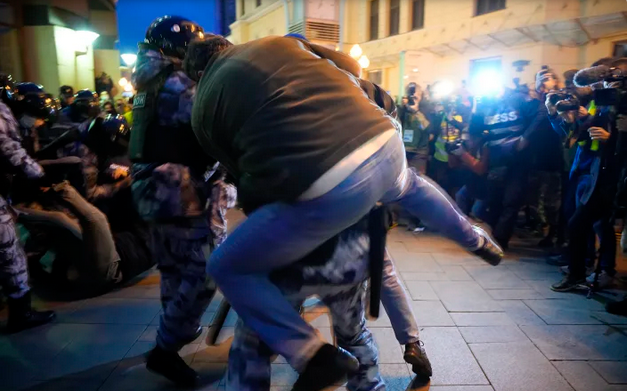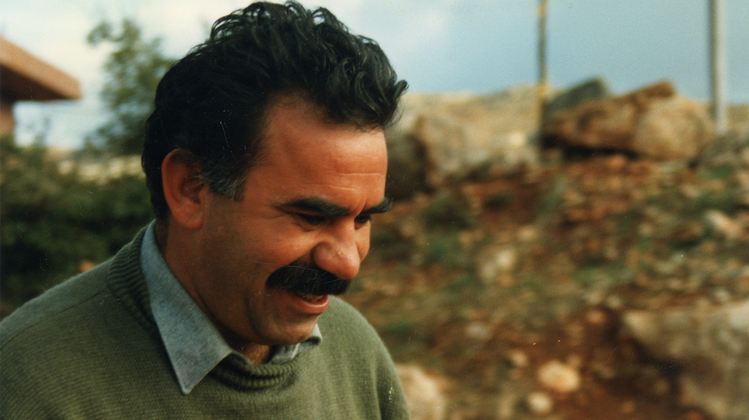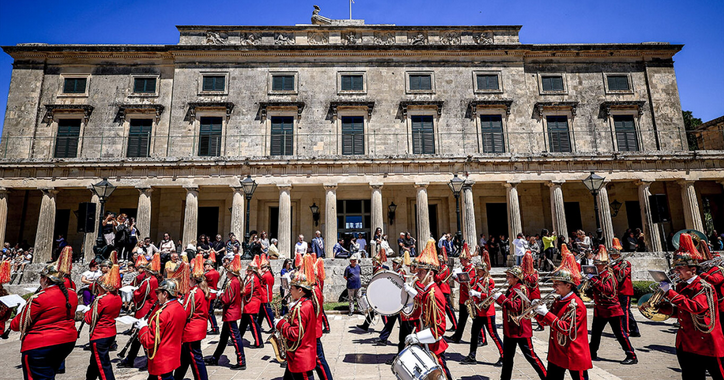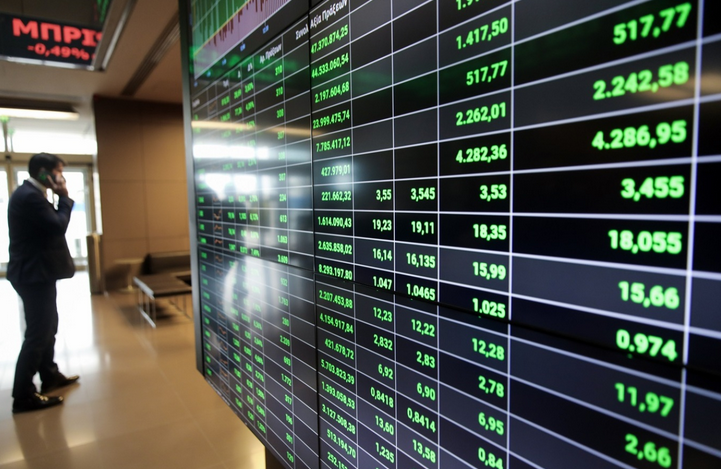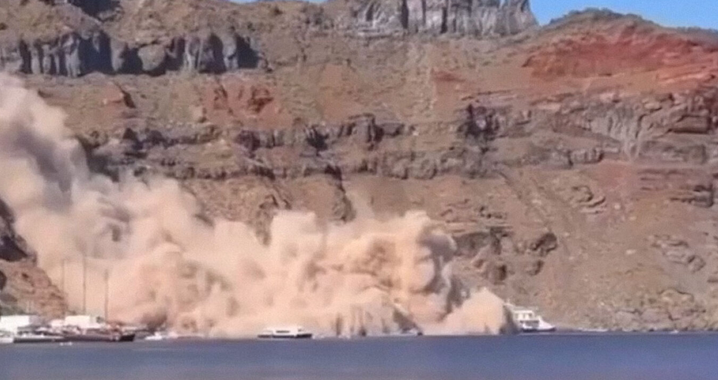After delaying it overnight, much to the frustration of a sleepless Russian press corps, President Vladimir Putin on Wednesday morning announced a “partial mobilization” in Russia to replenish the ranks of a “special military operation” meant to be long over by now. Yet few observers or political stakeholders in the West think this half-cocked call-up will fundamentally alter the calculus on the battlefield, where Ukraine’s counteroffensives have been surprisingly effective. Moreover, Putin’s vague threats against the “collective West” have been met with more shrugs and yawns in the United States and Europe. If anything, there is more panic in Russia.
Partial mobilization, Russia’s first since World War II, falls well short of mass conscription and is likely to be confined (for now) to the country’s 300,000 reservists. Contract soldiers already deployed in Ukraine will see their service indefinitely extended just as the weather cools and winter approaches. “This is a very risky step from Putin,” a senior Western intelligence officer told Yahoo News. “There are big doubts whether this call-up will succeed in the first place, and if not, what message will it send. It also increases public antiwar and anti-regime sentiment throughout Russia.”
That has already begun.
Hackers publish sensitive data on political assassination plots in Albania, Kosovo
“No war!” people chanted in the Old Arbat, a famous street in Moscow. “Life for our children!” they shouted in St. Petersburg, along with the more provocative “Putin in the trenches!” The president’s ukase (edict) has been met with chaos and confusion in the streets. Authorities even have difficulty distinguishing the war objectors from the proponents. One man wearing a Russian Army sweatshirt in Yekaterinburg declared, “I am leaving for war tomorrow. … I am for Russia,” before he too was hauled away by the authorities, presumably because they mistook him for an antiwar demonstrator.
Read more: yahoo

